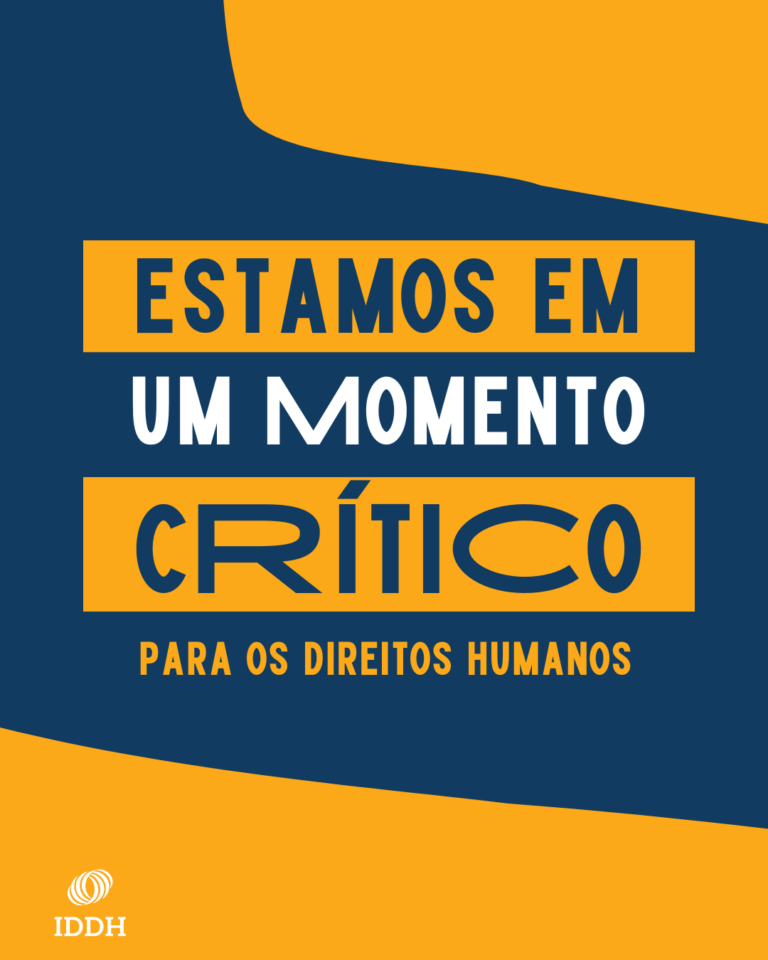The current crisis of the UN and the multilateral system should not be seen merely as an impasse, but as an opportunity for transformation. If funding and political legitimacy are at risk, it is necessary to renew not only structures but also leadership.
The 60th Session of the UN Human Rights Council (HRC60), held in Geneva, clearly exposed the symptoms of the crisis affecting multilateralism, while also revealing signs of resistance, action, and commitment.
In a present marked by armed conflicts, climate emergencies, and growing inequalities, the idea that there is no room for global cooperation can pave the way for unilateral solutions that deepen inequalities and erode the protection of rights.
Added to this are geopolitical disputes, the rise of nationalisms, distrust in the legitimacy of institutions, and, above all, the severe financial crisis that compromises the operational capacity of the UN and organized civil society itself. These factors call into question not only the future of international governance but also the fundamental values of international law.
The risk is that a sense of paralysis and collective helplessness may replace the commitment to cooperation, solidarity, and dialogue.
In this context, the crisis ceases to be merely a technical or institutional problem and presents itself as a call to ethics. It is here that the legacy of Paulo Freire, whose anniversary we celebrate this month, offers a key perspective. “Esperançar” (hoping) is neither illusion nor resignation; it is acting consciously, informed, and committed to social justice.
Being at the 60th session of the Council, whether as an observer, activist, educator, or human rights defender, means persisting in denouncing violations, inefficiencies, inconsistencies, and budget cuts. It also means contributing to strengthening norms, demanding transparency, visibility, and access to decision-making processes.
It was in this spirit that the Institute for Development and Human Rights (IDDH) was present in Geneva. In dialogue and joint action with other civil society organizations, such as those in the Brazil UPR Collective, and with defenders selected through the ECOAR call, we chose a firm stance: transforming despair into action.
The crisis of the UN and the multilateral system should not be read only as an impasse but as an opportunity for transformation. If funding and political legitimacy are at risk, it is necessary to renew not only structures but also to invest in training leaders capable of being outraged by violence and adapting to change.
Investing in Human Rights Education and the training of defenders is to embrace Freire’s concept of “esperançar”: the collective act of rebuilding bridges and creating pathways for a multilateralism capable of responding to the urgencies of the present and the rights of future generations. This is what the IDDH is dedicated to.
May the crisis not lead us to silence, but to renewed engagement.
